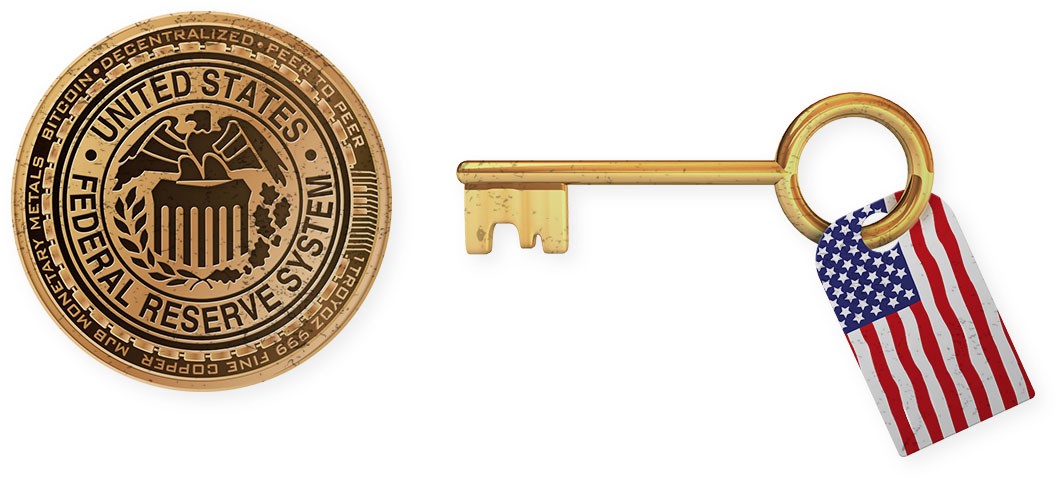PALO ALTO, Calif. (Reuters) - The Federal Reserve is taking a look at a broad series of concerns around digital payments and currencies, consisting of policy, design and legal factors to consider around possibly providing its own digital currency, Guv Lael Brainard said on Wednesday. Brainard's remarks recommend more openness to the possibility of a Fed-issued digital coin than in the past." By transforming payments, digitalization has the potential to deliver greater worth and benefit at lower cost," Brainard stated at a conference on payments at the Stanford Graduate School of Service.
Main banks globally are discussing how to manage digital finance technology and the dispersed ledger systems used by bitcoin, which promises near-instantaneous payment at possibly low expense. The Fed is establishing its own round-the-clock real-time payments and settlement service and is presently examining 200 remark letters sent late in 2015 about the suggested service's design and scope, Brainard said.
Less than 2 years ago Brainard informed a conference in San Francisco that there is "no compelling showed need" for such a coin. But that was prior to the scope of Facebook's digital currency aspirations were widely understood. Fed officials, including Brainard, have raised issues about customer defenses and data and privacy dangers that could be postured by a currency that could enter into use by the third of the world's population that have Facebook accounts.
" We are collaborating with other reserve banks as we advance our understanding of reserve bank digital currencies," she said. With more countries looking into releasing their own digital currencies, Brainard said, that contributes to "a set of reasons to also be making certain that we are that frontier of both research study and policy development." In the United States, Brainard said, problems that require study consist of whether a digital currency would make the payments system more secure or simpler, and whether it might position financial stability risks, including the possibility of bank runs if money can be turned "with a single swipe" into the central bank's digital currency.
To counter the financial damage from America's extraordinary national lockdown, the Federal Reserve has actually taken extraordinary actions, including flooding the economy with dollars and investing directly in the economy. Most of these relocations received grudging acceptance even from many Fed skeptics, as they saw this stimulus as needed and something just the Fed could do.
My brand-new CEI report, "Government-Run Payment Systems Are Unsafe at Any Speed: The Case Against Fedcoin and FedNow," information the threats of the Fed's present prepare for its FedNow real-time payment system, and proposals for central bank-issued cryptocurrency that have actually been dubbed Fedcoin or the "digital dollar." In my report, I discuss concerns about personal privacy, data security, currency control, and crowding out private-sector competition and innovation.
Proponents of FedNow and Fedcoin say the government needs to develop a system for payments to deposit instantly, rather than encourage such systems Go here in the personal sector by raising regulatory barriers. But as noted in the paper, the economic sector is providing a relatively unlimited supply of payment innovations and digital currencies to resolve the problemto the extent it is a problemof the time gap in between when a payment is sent out and when it is gotten in a bank account.

And the examples of Article source private-sector innovation in this area are many. The Cleaning Home, a bank-held cooperative that has actually been routing interbank payments in various types for more than 150 years, has been clearing real-time payments because 2017. By the end of 2018 it was covering 50 percent of the deposit base in the U.S.